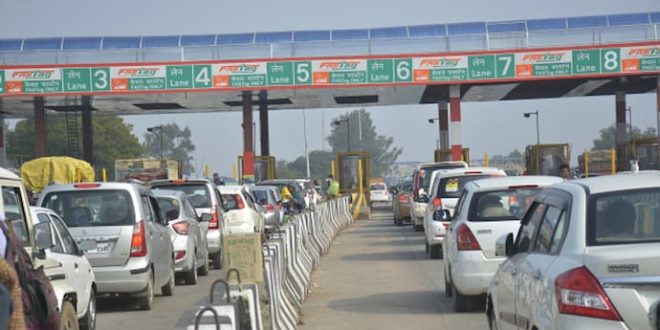The Maharashtra government has formulated a new EV policy to increase the purchase of electric vehicles in the state. Under this, electric vehicles will also not have to pay toll tax on Samriddhi Expressway and other places. The policy aims to increase the number of EVs in the state to 30 percent by 2030. It has been said that EV charging facilities should be provided in new residential buildings and incentives like toll exemption should also be provided for these eco-friendly vehicles.
The Transport Department on Friday issued a government proposal announcing the new policy, which will be effective from April 1, 2025 to March 31, 2030. An official release said that it aims to make Maharashtra a leading hub for EVs in India through incentives, expansion of infrastructure and manufacturing support. The GR said that by implementing this policy, the state wants to prevent 325 tonnes of PM 2.5 emissions and 1000 tonnes of greenhouse gas (GHG) emissions from the transport sector by 2030.
Discount up to Rs 2 lakh on electric cars
The new policy proposes incentives of up to Rs 2 lakh for electric four-wheelers used for transportation and Rs 20 lakh for electric buses. One lakh EV two-wheelers, 25,000 transport category EV four-wheelers and 1500 EV private as well as city buses will get these incentives. It also provides for complete exemption from motor vehicle tax and registration renewal fee for EVs registered during the policy period. The GR states that EVs will get 100 per cent exemption from toll on Mumbai-Pune and Mumbai-Nashik expressways.
Steering committee will take decisions
A steering committee headed by the chief secretary will also take decisions on granting tax exemption to EVs in a phased manner on the remaining roads under the jurisdiction of the Public Works Department. Charging infrastructure will be developed at an interval of 25 kilometres along the highways and it will be ensured that every government office parking lot has at least one EV charging station. Also, public charging stations will receive viability gap funding of up to 15 per cent of the setup cost. All new residential buildings must be 100 per cent EV charging ready, with at least one community charging point.
EVs to be promoted in parking too
As per the new policy, new commercial buildings should have 50 per cent parking spaces earmarked for EV charging, while existing commercial buildings with shared parking should have functional chargers at 20 per cent of the spaces. The policy also states that all new vehicles purchased by government departments for city travel should be electric. In cities such as Mumbai, Pune, Nagpur, Nashik, Chhatrapati Sambhajinagar and Amravati, 50 per cent of city utility vehicles purchased should be electric.
EV-related studies will also be done
The state will also support research and development in alternative battery chemistry, motor technology, vehicle-to-grid integration and green hydrogen production. As per the policy, a fund of Rs 15 crore will be created under the Chief Minister’s EV R&D Grant to fund such initiatives. The transport department will set up a network of automated test stations for EVs to conduct standardised safety assessments, including thermal runaway tests for batteries. The policy provides that the Maharashtra State Board of Technical Education (MSBTE) will introduce specialised courses in EV design, battery technology, charging infrastructure, power electronics and energy management.
 RB News World Latest News
RB News World Latest News






